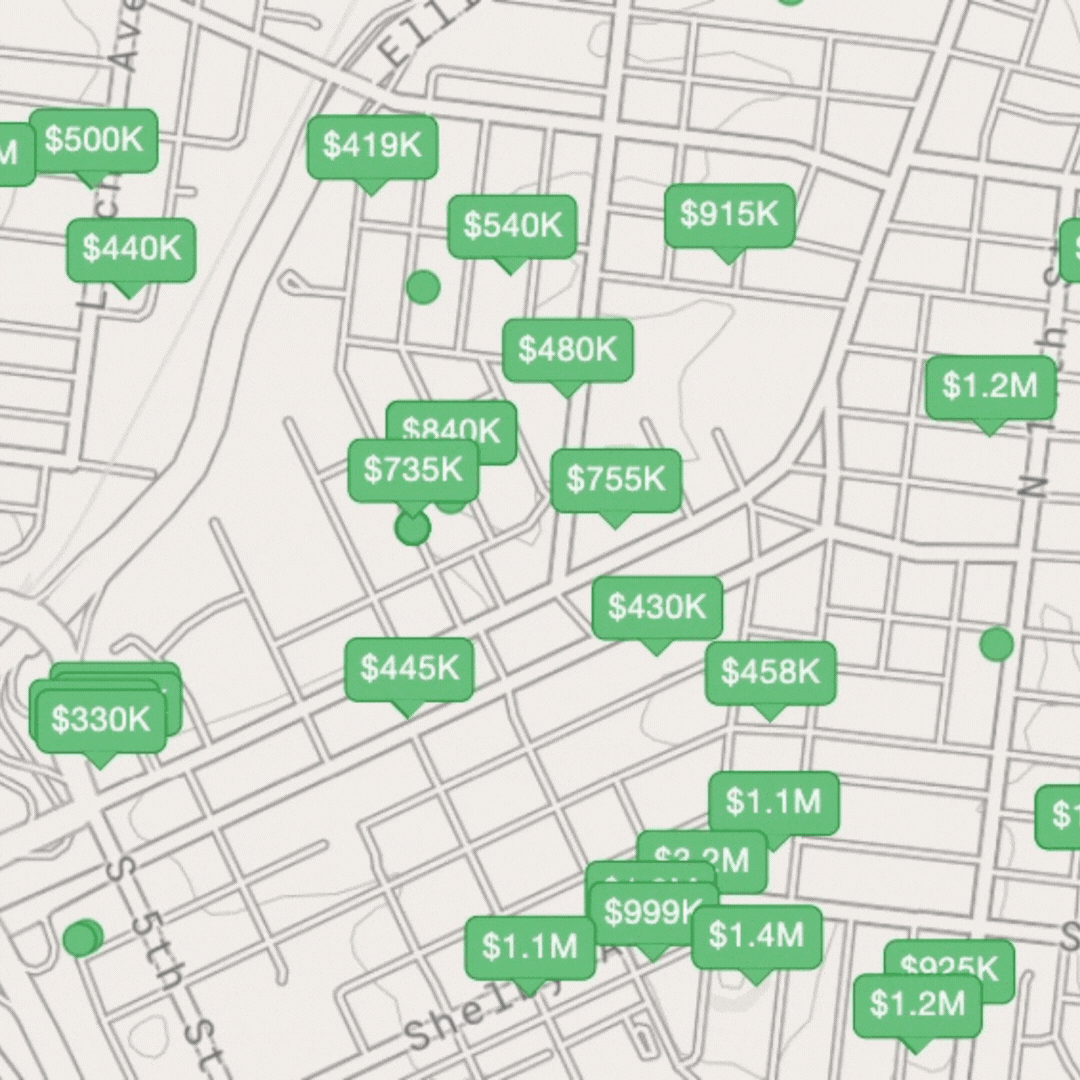Homebuyer Tax Credit
Buy a home and you get a tax break! Now Through April 30, 2010
Qualified first-time home buyers can receive a credit of up to $8,000.
Qualified repeat buyers can receive a credit of up to $6,500.
DON’T MISS THIS OPPORTUNITY!
Am I Eligible?
First-time homebuyers who purchase a principal residence on April 9, 2008 and before April 30, 2010 are eligible. If you (and your spouse, if married) have not owned your principal residence for a 3-year period before your purchase, and you have never taken advantage of the DC first time homebuyer credit, you qualify as a first-time homebuyer. Starting November 7, 2009, repeat buyers who have lived in their primary residence for five of the last eight years can also qualify for a tax credit. The credit for repeat buyers also expires April 30, 2010.*
* Current law allows potential buyers who enter into a written binding contract to purchase by April 30, 2010 to close by June 30, 2010 and still claim the credit.
How does it work?
Like all tax credits, it will directly reduce the total amount of taxes you owe. When you file your taxes, for the year you purchased your home, you will be able to subtract the amount of the credit from your Federal income tax liability, increasing the size of your refund or reducing the amount you owe. For example, you file your ‘normal’ tax return and find that you owe $2,000 in taxes. With this credit, your tax liability could be lowered by $8,000—which means, you instead get a $6,000 tax REFUND check from the IRS.
AVAILABLE AT CLOSING!
When the credit was first passed, money was not available until a buyer filed tax forms after the home purchase. Several states – 18 and counting (including Tennessee) – creatively found ways to make cash available to buyers at closing through their state finance agencies. The Federal government followed suit. On May 29, 2009, the Department of Housing and Urban Development announced guidelines for FHA lenders that enable them to make the credit available to buyers at closing for costs or a down payment above the 3.5 percent required for an FHA insured loan. This means the credit can be available at closing regardless of where you’re purchasing if your lender participates in this program. States continue to maintain their credit monetization programs, so check with your state housing finance agency as well as your lender for details.
How big is the tax credit?
The tax credit is equal to 10% of the purchase price of your home up to $8,000 for first-time buyers and up to $6,500 for repeat buyers.
The full credit is available for single individuals whose adjusted gross income is less than $125,000. If your adjusted gross income is greater than $125 ,000 and your home purchase qualifies you for the full credit, the credit phases out according to the dollar amount (or percentage if less than $8,000 as would be the case for repeat buyers).
What ELSE IS NEW?
Income limits have been raised for the extended and expanded tax credit (effective November 7, 2009). A new limit of $800,000 has been placed on the purchase price of homes. The original version of the tax credit had a payback provision. The repayment provision is completely gone from credits for purchases in 2009 and 2010, but a mild recapture provision remains. If you sell your home within 3 years of purchase, the entire amount of the credit is recaptured, that is, the government takes it back. Also, purchases by dependents are not eligible for the credit as of November 7, 2009. Finally, purchase documentation must now be attached with the tax form in order to claim the credit.
Are there other conditions I should know about?
■■ Purchases by non-resident aliens are not eligible.
■■ 2009 and 2010 purchases financed by proceeds from a qualified mortgage issue are eligible.
■■ Any single family residence located in the United States that will be used as a principal residence and is under $800,000 at time of purchase is eligible. Generally, this is the place where an individual spends most of his/ her time. This includes single-family detached housing, condos or coops, townhouses or any similar type of new or existing dwelling.
■■ The credit will not result in an individual owing additional federal taxes under the Alternative Minimum Tax.
■■ Home purchases between relatives and other gifts of residences are not eligible for the credit.
■■ Other tax benefits of homeownership are still in place. The mortgage interest deduction, capital gains tax exclusion, and property tax deduction are some well-known examples.
■■ There is a recapture provision if you sell the home within three years of purchase.
Other Resources for First-time Homebuyers:
IRS guidance at http://www.irs.gov/newsroom/article/0,,id=187935,00.html
http://www.realtor.org/home_buyers_and_sellers
http://finance.realtor.com/homefinance/guides/buyers/
http://www.freddiemac.com/corporate/buying_and_owning.html
http://beta.ncsha.org/about-hfas/hfa-programs/-first-time-homebuyer-tax-credit-loan-programs
Brought to you buy Nashville first-time buyer Realtor specialist Stephanie Crawford
http://agentsteph77.wpengine.com
http://StephanieCrawford/blog/blog/

